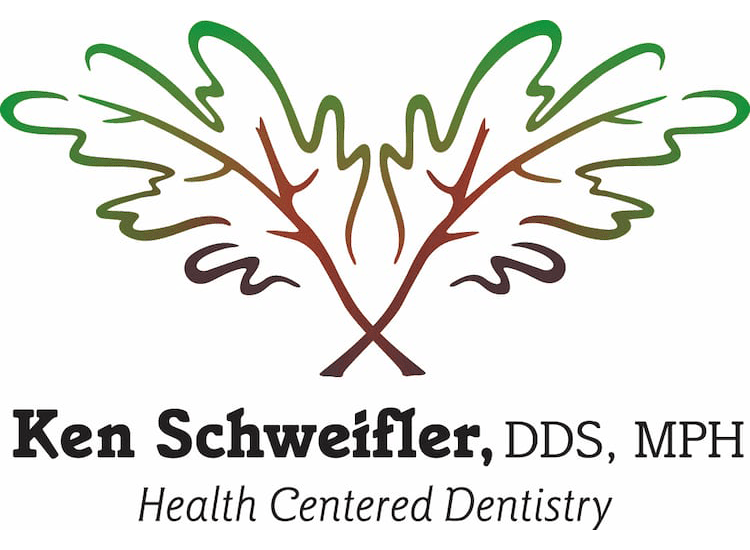Dr. Ken Schweifler can address and resolve tooth decay, tooth pain, damaged teeth, and other dental concerns in our Los Altos, CA dental office. Dr. Schweifler has advanced training in many aspects of dentistry. He has over 15 years of experience treating all types of dental concerns, from the common to the complex.
It is important to seek treatment for a dental problem immediately. Avoid permanent damage and the need for more invasive restorative dental care. If you are suffering from poor oral health and would like to restore your smile, we welcome you to schedule a visit and experience the difference at our dental office. Our personalized, health-centered dentistry can provide you with the solutions you need.

Do you have chipped, cracked, or worn teeth?
Damaged teeth or teeth that appear flat or worn should be evaluated and repaired to stabilize the health of your smile. Dr. Schweifler offers a range of treatment options to meet your needs and will work with you to restore your smile’s health, function, and beauty.
Do you have gums that bleed?
Bleeding gums are often a sign of developing or existing gum disease, an infection of the gums that can progress if untreated. We offer periodontal therapy and personalized oral hygiene to treat the signs and symptoms of gum disease. Our team will work with you individually to manage chronic gum disease and any risk factors you may have.
Do you have crooked teeth?
Crooked teeth or malocclusion can create dental problems beyond the aesthetics of your smile. Crooked teeth increase the incidence of decay, gum disease, and bite problems. Dr. Schweifler is a Los Altos Invisalign provider. He can develop a treatment plan using clear aligners to reposition the teeth for a healthier, more comfortable, and beautiful smile. Invisalign is available for teens and adults to discreetly address various concerns, including orthodontic relapse.
Do you have missing teeth?
One or more missing teeth can cause various cosmetic concerns and dental health problems. Dr. Schweifler provides individualized restorative dental care to replace your missing teeth. He places all dental implants for the most natural function and a lasting, stable outcome.
Do you grind your teeth?
Many patients do not realize they grind their teeth until they visit their dentist. Teeth that are chipped or cracked in the absence of trauma, flat or worn teeth, and changes in the fit of the bite can be signs of frequent teeth grinding or jaw clenching. Dr. Schweifler has advanced training in diagnosing and treating bite problems and the effects of teeth grinding. He can help you minimize teeth grinding damage with a custom mouthguard.
